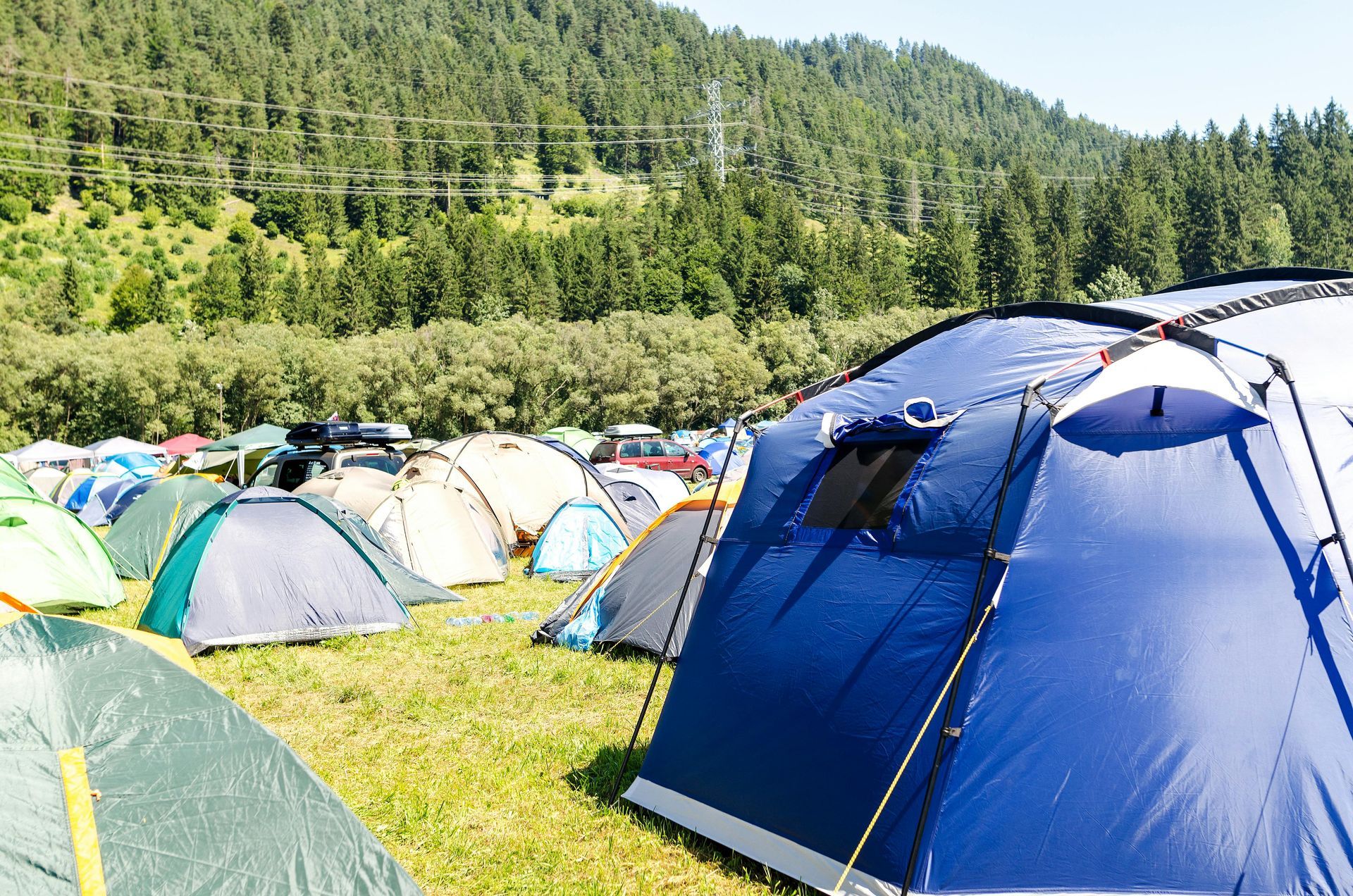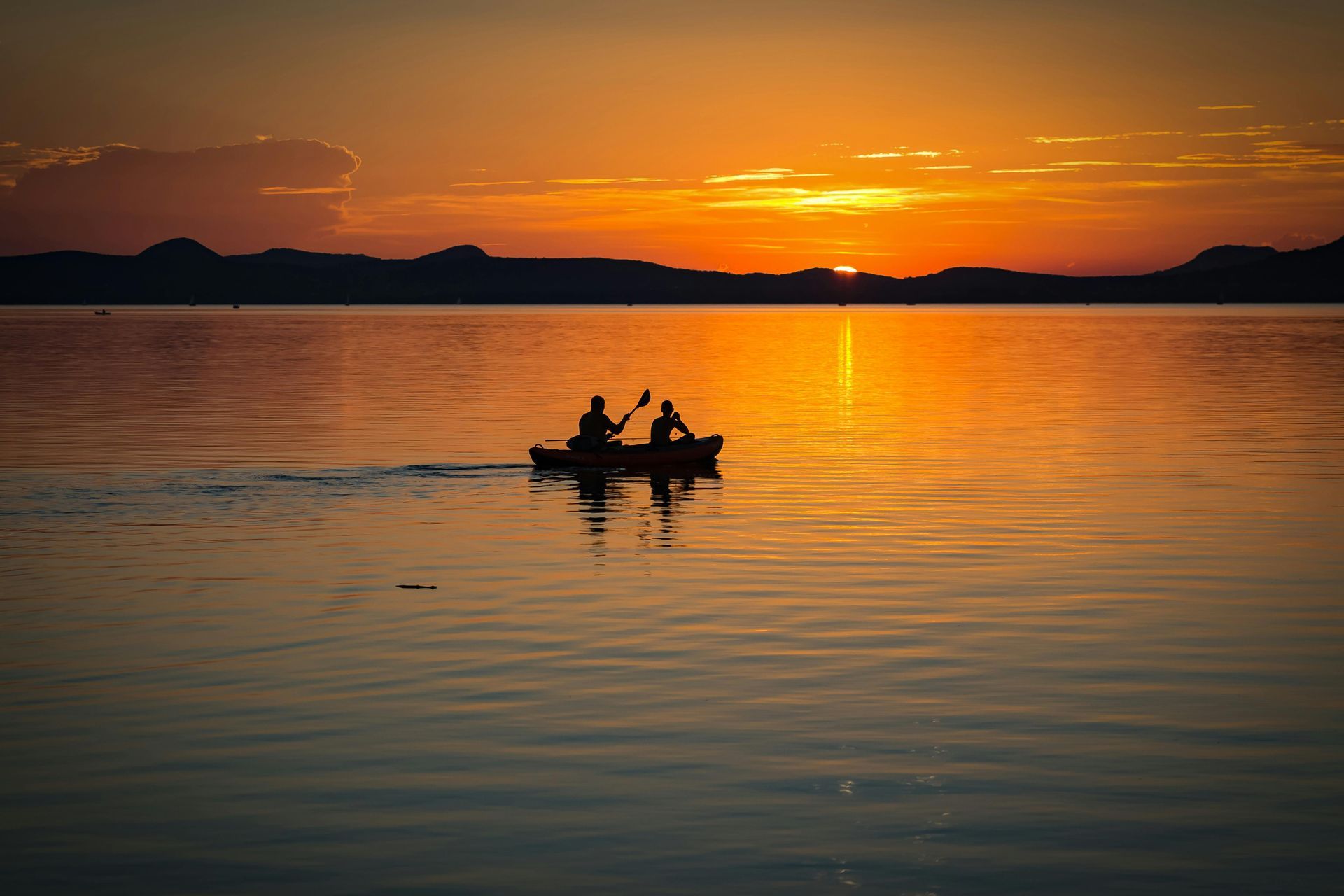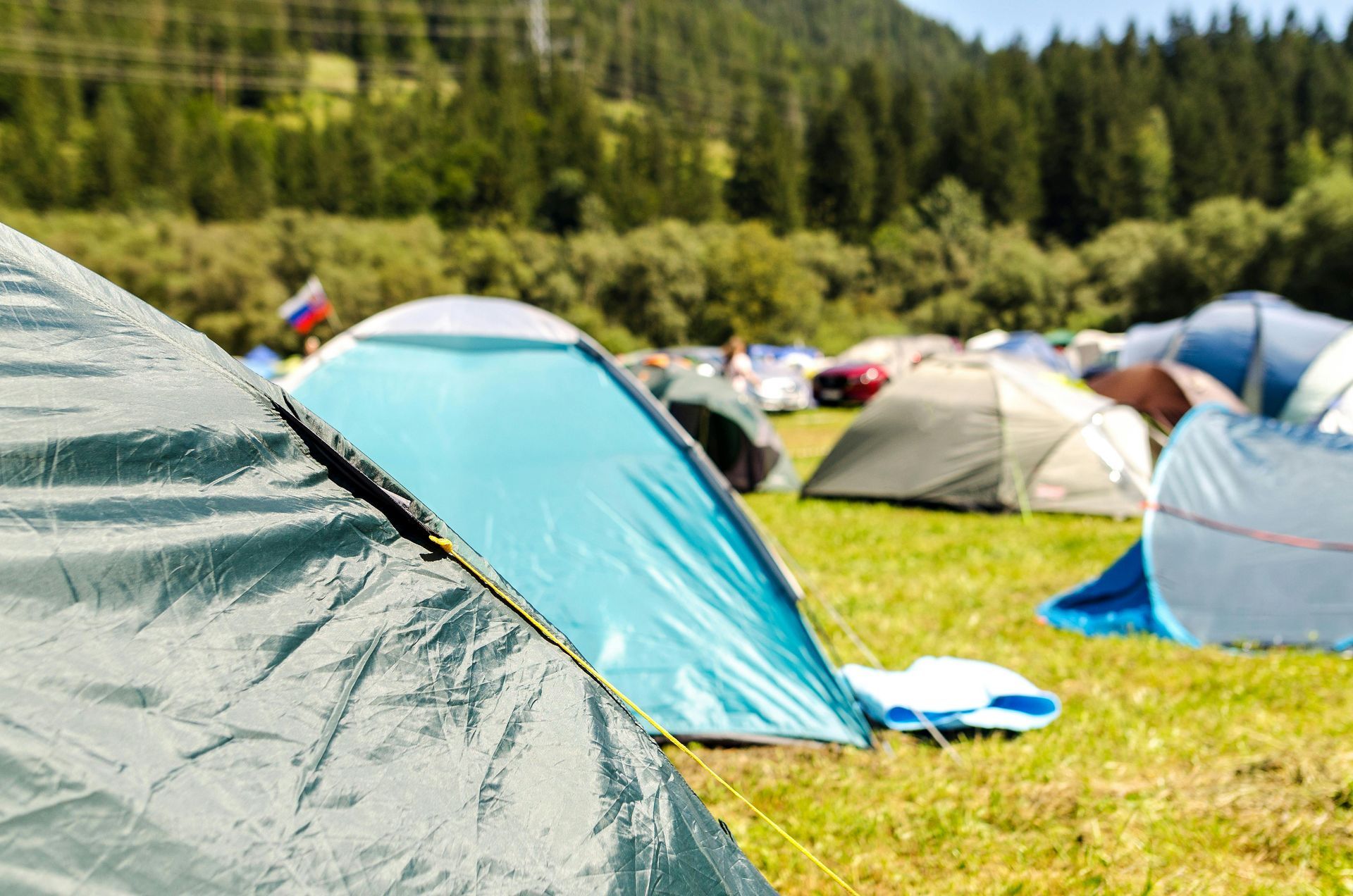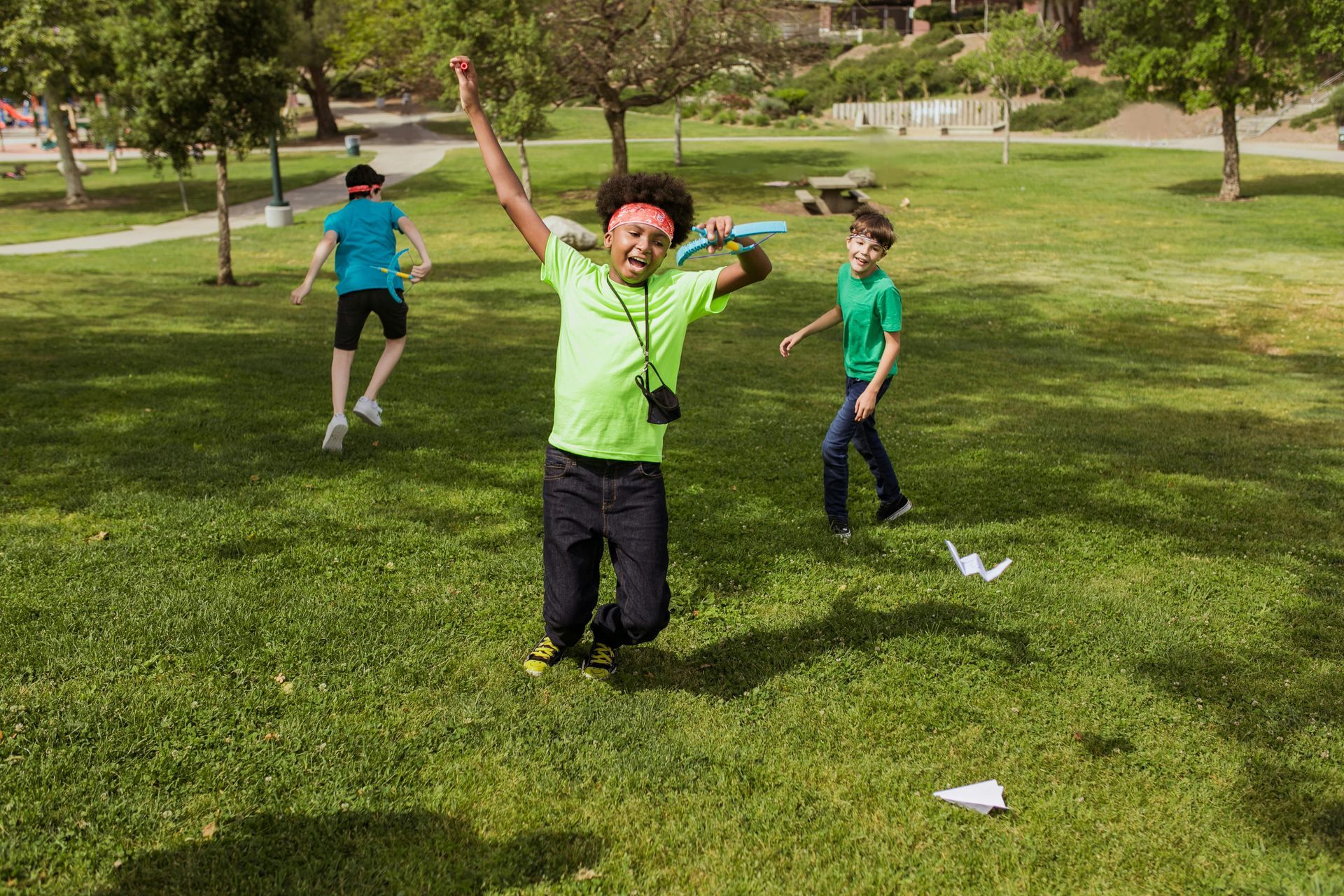Managing Dietary Requirements on Overnight Trips
Planning Doesn't Need to Be Hard, But it Does Need to be Detailed
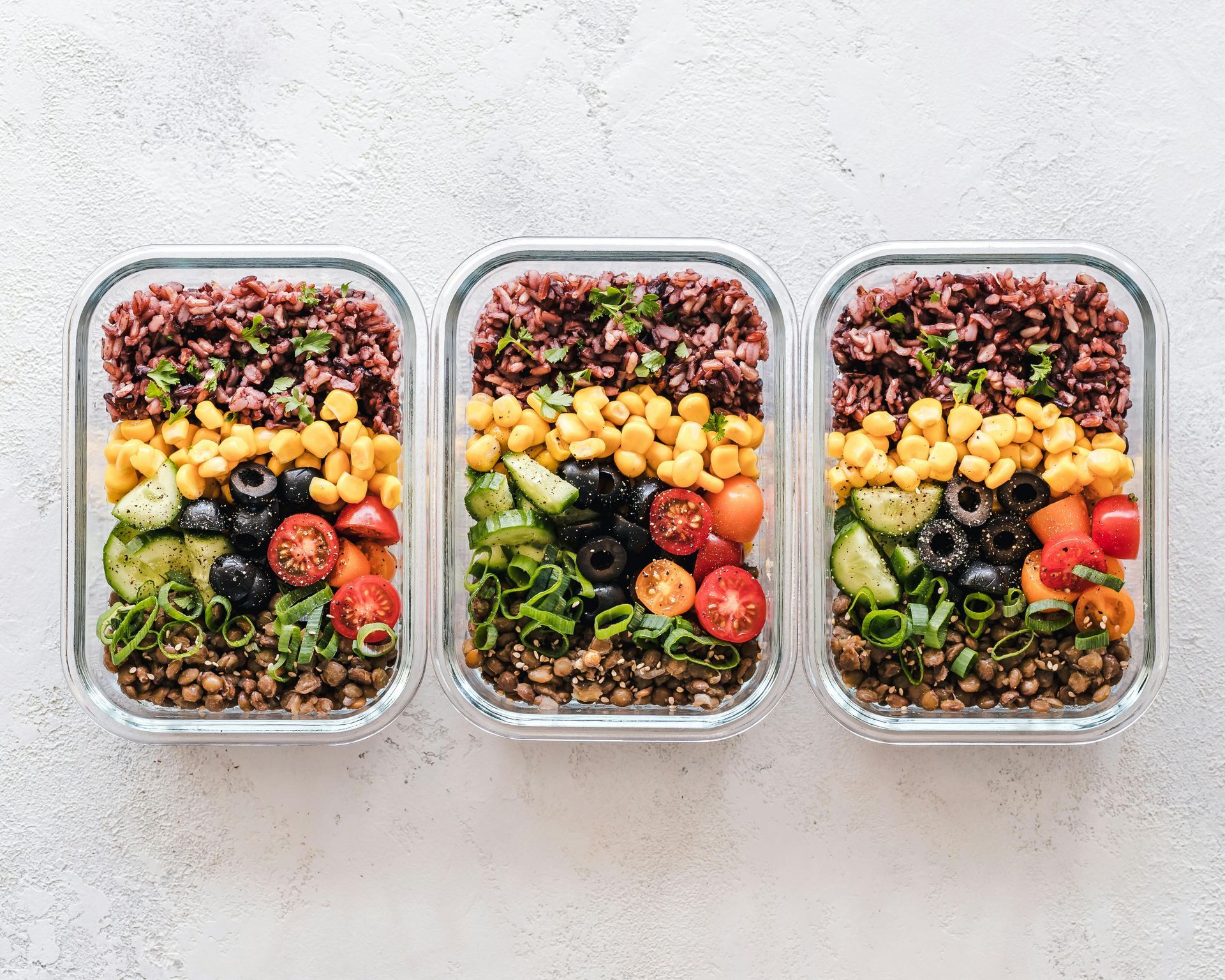
Overnight trips add a significant layer of complexity when it comes to dietary requirements. Meals aren’t just fuel they’re a critical part of the day’s rhythm, a time for community, and a potential source of serious health risks if mishandled.
I’ve run programs where a single missed dietary detail caused significant problems for both the student and the kitchen team. These stressful situations are almost always avoidable with a proactive system and the right preparation.
The Three Cs of Dietary Management
A successful food plan for an overnight trip relies on a simple but robust framework: Collect, Communicate, and Control.
1. Collect: Centralised & Detailed Information
The foundation of your plan is accurate data. You need to know every dietary need, from lifestyle choices like vegetarianism to severe, life-threatening allergies. A simple checkbox isn't enough. Your system must be able to:
· Record detailed dietary needs for every participant, including the severity and nature of any allergies.
· Flag high-priority restrictions, such as anaphylaxis risks, so they are immediately visible to all trip leaders and first aiders.
2. Communicate: Briefing Your Team & Caterers
Once you have the information, it must be shared clearly and concisely with everyone who will handle food. This includes your staff, parent volunteers, and especially the catering team at the venue.
Using a tool like Xcursion Planner, you can generate clear reports to:
· Provide caterers with a comprehensive summary of all dietary needs well in advance.
· Equip trip leaders with accessible, on-hand information for every student they supervise.
3. Control: Safe Preparation & Serving
Clear communication allows for a controlled and safe food environment. Work with your caterers to ensure they have processes for:
· Preventing cross-contamination in the kitchen.
· Clearly labelling all dishes, especially at a buffet.
· Empowering students to ask questions and double-check ingredients if they are unsure.
Overnight trips should be focused on the experience, not on the stress of navigating mealtimes. By implementing a clear system to collect, communicate, and control dietary information, you ensure that every student is safely and properly catered for, allowing them to focus on the adventure.




